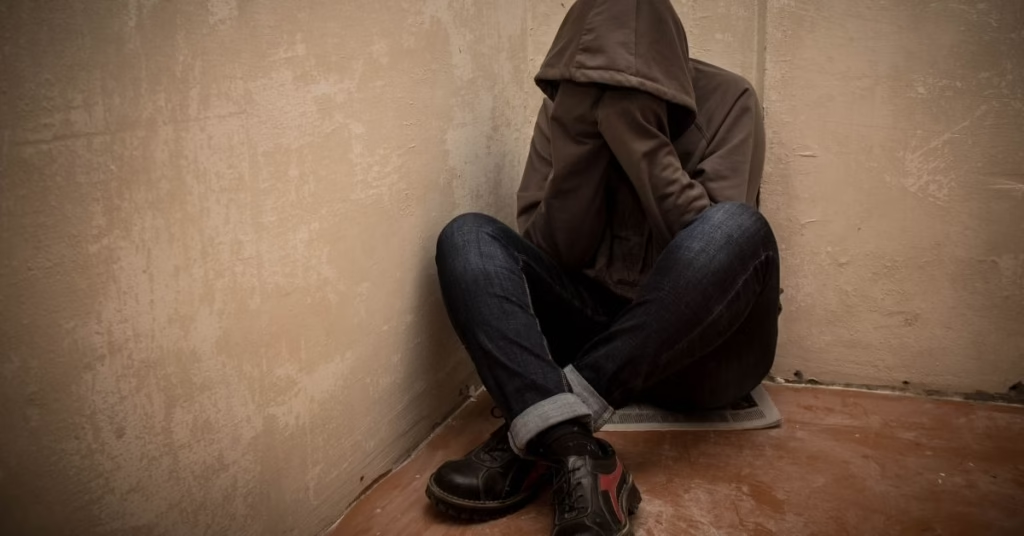
A growing crisis is gripping institutions of higher learning across the globe: drug addiction among university students. Once considered a fringe issue, the struggle has emerged as a central concern for educators, healthcare professionals, and parents alike. As academic stress, mental health challenges, and peer pressure collide with easy access to both legal and illegal substances, a significant portion of the youth population is slipping through the cracks.
According to the National Authority for the Campaign Against Alcohol and Drug Abuse (NACADA), 14.4% of university students in Kenya are currently engaged in the regular use of illicit drugs, with marijuana, alcohol, prescription medications, and sedatives among the most commonly abused. The global landscape reflects similar concerns. In the United States, a 2023 National Institute on Drug Abuse (NIDA) report showed that 43% of college students had used an illicit substance in the past year. Experts warn the real numbers may be even higher due to underreporting and stigma.
University life, often exaggerated as a period of self-discovery and opportunity, is also marked by intense academic pressure and emotional instability. Many students feel overwhelmed and turn to stimulants such as Adderall, a drug commonly prescribed for ADHD, in an attempt to stay focused and meet demanding deadlines. What begins as academic enhancement can quickly spiral into dependency.
Mental health remains a deeply intertwined factor. A NACADA study from 2024 found that over 60% of students with substance use issues also showed symptoms of depression, anxiety, or trauma-related disorders. With inadequate access to therapy and a persistent culture of silence around mental illness, drugs become a coping mechanism.
Health experts point to a rise in prescription drug misuse as particularly alarming. Medications like Xanax, Valium, and codeine-based cough syrups are being used recreationally by students who believe they are safer than illegal narcotics. This false sense of security is contributing to a wave of overdoses and hospitalizations.
The consequences of substance addiction among university students are severe and far-reaching. Academic failure, suspension or expulsion, mental and physical health deterioration, and legal troubles are just the beginning. Family relationships often suffer, and long-term career prospects are threatened.
Kenyan law enforcement agencies reported a 17% increase in drug-related arrests among students in 2024, with urban campuses like those in Nairobi, Kisumu, and Mombasa identified as hotspots. Despite growing concern, stigma remains a significant obstacle to effective intervention.
Some institutions are responding. The University of Nairobi has expanded its counseling programs, while Kenyatta University recently launched a peer-led addiction recovery group. Globally, universities such as Harvard, Oxford, and the University of Melbourne are incorporating drug education and mental wellness into student life programming.
Technology is also proving to be a lifeline. Mobile apps like Sober Grid, Calm, and Talkspace are increasingly used by students for mental health support and sobriety tracking. Teletherapy platforms, especially popular after the pandemic, are bridging the gap for students in remote or underfunded institutions.
Still, more needs to be done to challenge the stigma. Addiction is not a moral failure; it is a health issue. Experts argue that campuses must move from punitive models to compassionate support systems if real progress is to be made.
University campuses must be places of learning, growth, and healing, not silent battlegrounds where young people fight private wars. Recognizing that addiction truly is a widespread, urgent, and treatable crisis, is the first step toward reclaiming a generation’s future.
FAQs
1. What drugs are most commonly abused by university students in Kenya?
Marijuana, alcohol, prescription stimulants like Adderall, and sedatives such as Xanax are among the most commonly used.
2. How does addiction impact a student’s academic life?
Addiction often leads to poor performance, missed classes, declining grades, and eventual dropout or expulsion.
3. Are there support systems for addicted students on campus?
Yes, many universities have counseling centers, peer support groups, and partnerships with rehabilitation facilities.
4. Can students access treatment confidentially?
Most institutions now offer confidential services, and some have anonymous helplines and online therapy options.
5. Is recovery possible while continuing studies?
Yes. With proper support, therapy, and personal commitment, many students recover and return to full academic performance.



